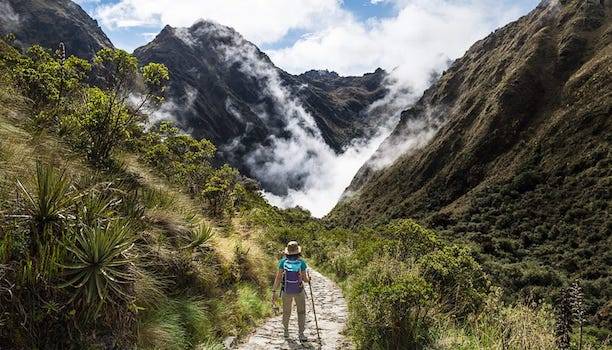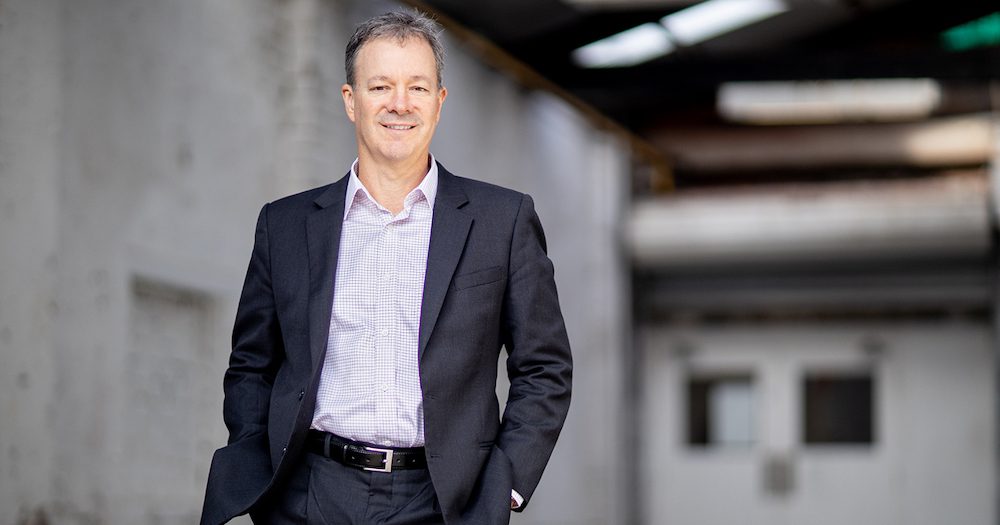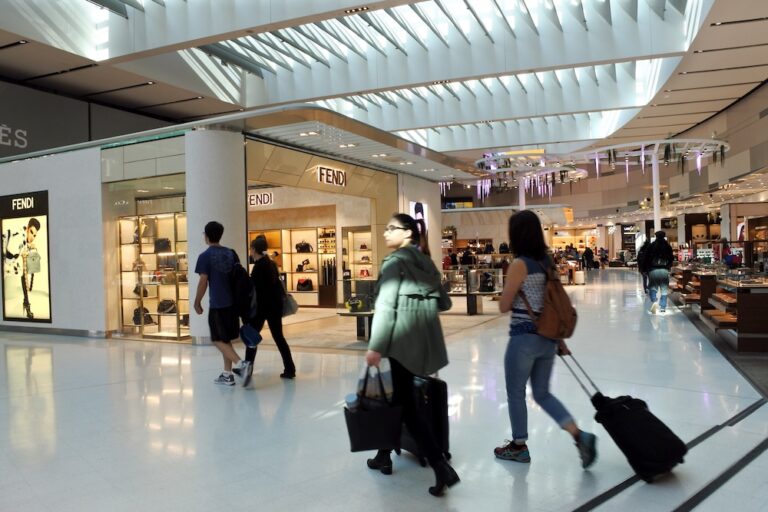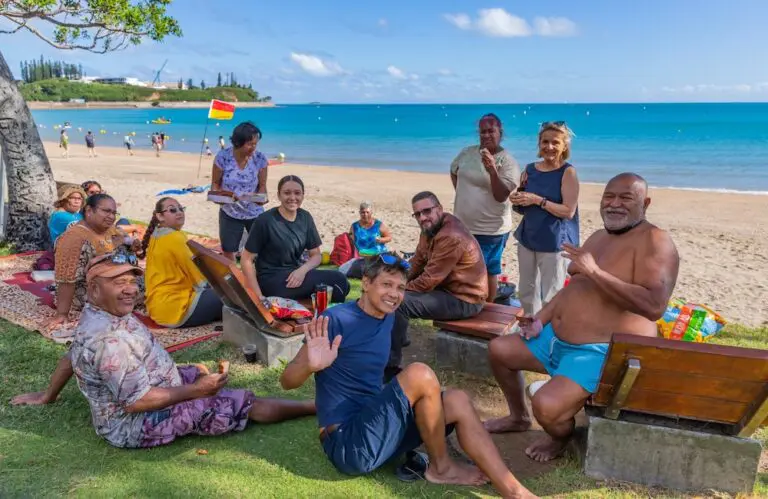On 5 May 2020, CATO’s MD, Brett Jardine discussed credits, refunds, and the travel & tourism ecosystem on-air with ABC Radio Sydney’s Cassie McCullagh.
The Focus segment looked into the ‘vexed world of travel refunds and credits’, and included contributions from consumers with impacted travel bookings; travel lawyer, Anthony Cordato; and Andrew Paull from law firm Slater + Gordon.
Click here to listen to Brett’s interview on ABC Radio Sydney.
Here are some of the key points of conversation, between Cassie McCullagh & Brett Jardine.
When you are talking to the people in your group, what are they saying to you, what are you hearing from them?

Firstly, just to put some context around the conversation and where we’re at, in 2019 more than 11 million Australians travelled overseas. Of that 11 million, six-and-a-half million or 58 percent of those trips were for a holiday. So, that’s the equivalent of 25 percent, or one-in-four Australians going overseas for their holiday.
Now, we were certainly very bullish in our outlook for 2020 as well. But when you look at those numbers, you can see that Australians by our very nature and, of course, our geographic location we’re avid travellers.
Now we’re in a situation with governments around the world imposing restrictions, closing orders, grounding aircraft. You know, the travel industry—like many, many other industries—has come to a rapid halt.
So, it’s extremely challenging and there would be very few businesses in any industry that would have had a crisis plan in place to cater for something like this, it’s extraordinary.
Where are they in the mix of refunds and losing out of commissions? And what’s your financial side of things?

I guess it’s important to understand—and this is really the crux of the situation right here for consumers: The global travel ecosystem is made up of a number of different layers.
A typical scenario would start with a consumer booking via a local travel agent who would then generally book with an Australian-based tour operator or wholesaler, who would then utilise the services of an in-destination ground operator who would then, in turn, book all of the various individual components of travel packages that could extend to transfers, other ground transportation, accommodation, restaurants, local day tours, attractions, entrance fees, domestic flights, local guides and, in some cases, even visas.
The average duration of an Australian leisure holiday overseas is 18 days. Now, one of the biggest destinations we visit is Europe. If you’re travelling on a holiday or potentially a tour that could encompass three, four or five different countries around Europe, there are going to be potentially dozens and dozens of components involved in your trip.
Now, when an Australian tour operator or wholesaler is making those arrangements, they are committing themselves to legal, binding obligations to pay for those trips. If someone has paid a deposit to a travel agent in Australia who has passed on the deposit to the Australian tour operator, that money is then disbursed across all of those different suppliers.
And, given the example before of the six-and-a-half million Australians travelling overseas for a holiday, there is a myriad of different possibilities of what people are going to be doing. In some cases, it might just be one component: a flight or a stay in a hotel. In other cases, there could be 50 to 100 different components in an itinerary, so it’s really difficult to put a blanket approach to how we deal with all of this.
And it’s not just us. This is a position from suppliers involved in the travel industry all over the world, and we are engaged with our counterparts particularly in other western countries, in the US, the UK, and in Canada.
There is consensus among all suppliers that the best outcome for everybody concerned to ensure the longevity and the future of the travel industry, to ensure that people’s money is as protected as best it possibly can be, and that is by postponing travel to a future date. That is the absolute best outcome for everybody.
I want to know about your concerns about reputational damage if you don’t offer refunds, that’s a problem, but you are sort of asking for the consumer to accept the conditions even though they may not be able to take that trip.

I think what we’ll find, and it’s very difficult for any tour operator or any supplier to have a hard-and-fast rule. So at this stage, trips are being postponed. Ideally, we would like to think that whatever you booked for, say, in July or August 2020, is feasible for you to undertake in 2021. Push it back 12 months, the whole 2020 year is potentially a write-off
But you have to allow discretion..
100 per cent. I agree, and I can assure you that, within our membership group—we represent 120 Australian tour operators—there is absolutely understanding that they will need to be flexible in the future. So when it comes to 2021, if for some reason someone cannot travel, if it needs to be pushed out another six months or another 12 months, or potentially passed onto a family member or a friend who can take the trip, then there will be that flexibility. I’m sure, without putting words in my operators’ mouths, I’m sure they will take that flexible approach.
Click here for more information.





